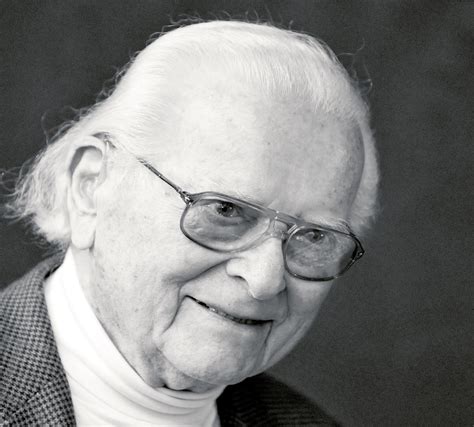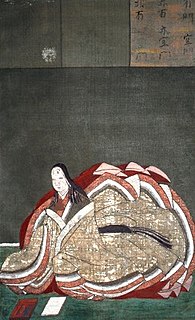A Quote by John Locke
The chief art of learning is to attempt but a little at a time.
Related Quotes
The attempt to live that way, the attempt to treat everybody - it fails all the time - but the attempt to treat people as equals is a good attempt. It's a very good attempt. And there have been very few governments that have come anywhere near it in the past. The Greeks began to, the Romans began to - they both failed.
The Protestant reformation was an attempt to recast the Christian faith in terms of the new learning of the 16th century, the enlightenment learning. It was the first time that the Christian church did not have the capacity to keep itself unified as it recast itself, so it split into Protestant and Catholic traditions.
The very large, very respectable, and very knowing class of misanthropes who rejoice in the name of grumblers,--persons who are so sure that the world is going to ruin, that they resent every attempt to comfort them as an insult to their sagacity, and accordingly seek their chief consolation in being inconsolable, their chief pleasure in being displeased.
The life so brief, the art so long in the learning, the attempt so hard, the conquest so sharp, the fearful joy that ever slips away so quickly - by all this I mean love, which so sorely astounds my feeling with its wondrous operation, that when I think upon it I scarce know whether I wake or sleep.









































